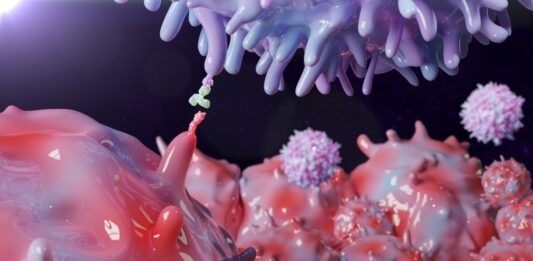A review of human data by scientists at the University of Texas MD Anderson Cancer Center suggested that an OTC antihistamine drug could improve outcomes for cancer patients being treated using anti-PD-1/PD-L1 checkpoint inhibitors. Their preclinical study in rodents demonstrated that the histamine receptor H1 (HRH1) acts in tumor-associated macrophages (TAMs) to suppress T cell activation in the tumor microenvironment, and blocking HRH1 on macrophages led to increased T cell activation and inhibition of tumor growth.
